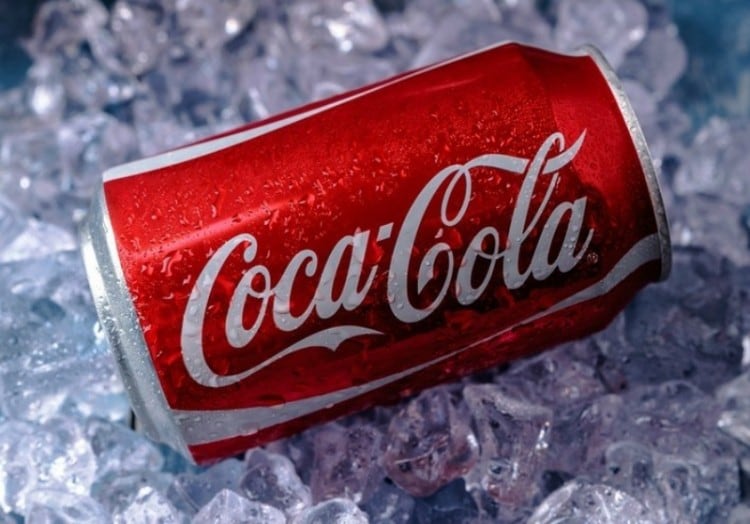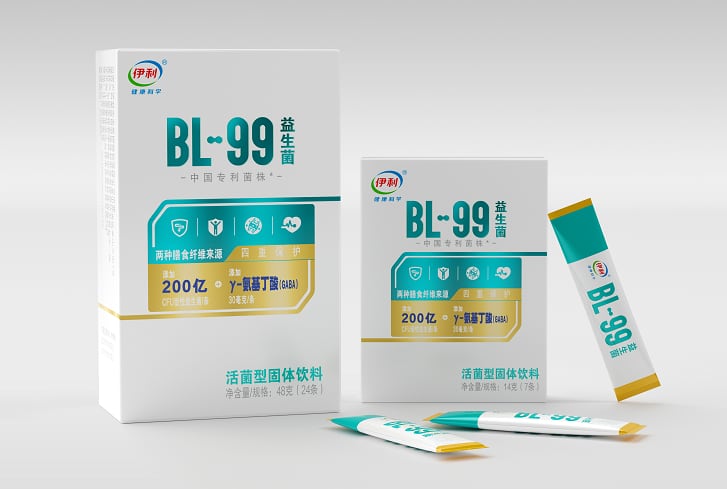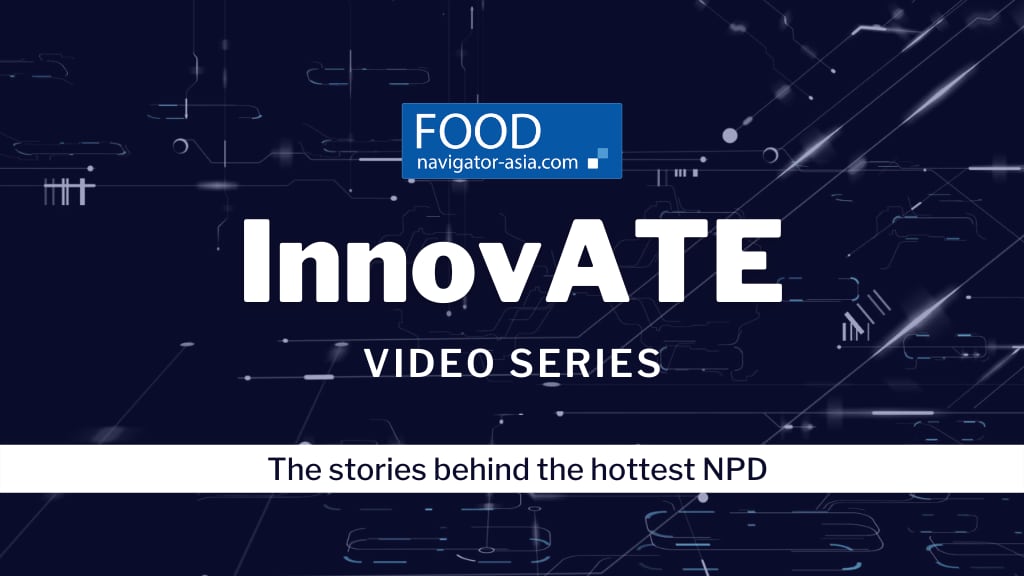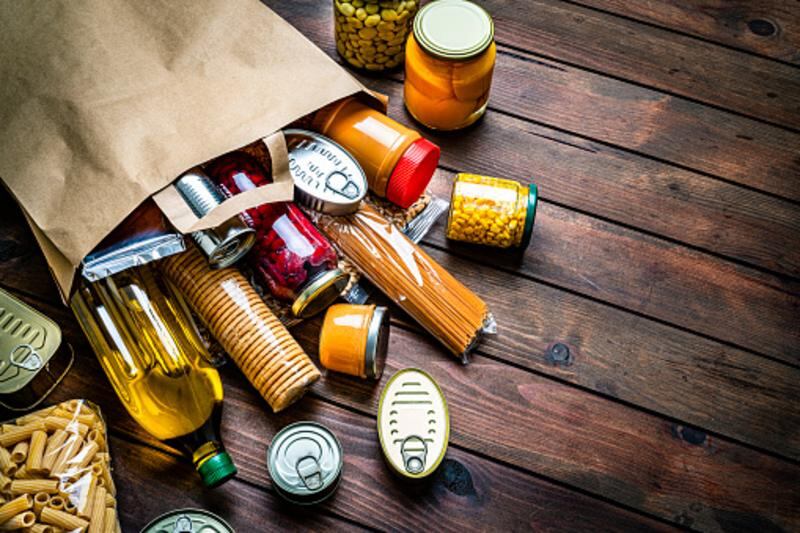Head of Digital at Coca-Cola Bottlers Japan Inc., Khalil Maaouni, said the firm had made improvements in forecasting demand for its 250,000 outlets and 700,000 vending machines in Japan.
“To produce what we need, we follow the baseline method, along with historical data, patterns, habits, weather, like whether it’s sunny or raining, and when to introduce new products because the Japanese love novelty. However, we consider other circumstances, such as COVID-19,” said Khalil.
He was one of the four speakers at a recent webinar titled What to do about waste in Japan’s food and beverage industry? organised by Japanese consultancy GourmetPro.
The webinar, organised on Earth Day, also featured three other speakers – CEO and co-founder of next-gen upcycling tech Aranea Ltd, Alexander Fellner; business development officer of Suzuhiro Kamaboko, Kevin Suzuki; and Chief Product Officer and food and creativity researcher, Taichi Isaku.
According to GourmetPro, over 25m tonnes of food is wasted annually in Japan, but 6.5m are edible. The edible food is left to rot, emitting harmful greenhouse gases due to decomposition.
The webinar aimed to shed light on how various businesses reduce waste and share best practices using examples from the Japanese F&B industry.
Normally, F&B companies would waste about 3% of their products during the manufacturing process, such as spillage or spoilage, said Khalil.
However, Coca-Cola’s Japan’s data aggregation has made it possible to optimise each product. For example, it would deliver 500m cases of beverages just in the nick of time to extend shelf life. The effort was made possible by working with chemists on taste and shelf life in studies ranging from three to six months.
“Stock is expensive. We have to do better. We have to communicate with customers and, at times, our competitors. Furthermore, drinks are heavy. Hence, we think about ways to solve the supply issue without wastage. We should ‘marry’ all the problems into one and solve it as an industry,” said Khalil.
Rescue to reduce
Another speaker that explored the usage of data and technology was Taichi, who co-founded the firm CoCooking which launched the award-winning food ‘rescue’ app TABETE.
TABETE, introduced in April 2018, is an app that matches excess food at restaurants and bakeries with eco-conscious consumers.
There are 500,000 users and more than 2,000 shops using TABETE. They are mostly located in the capital Tokyo and Kanto area. According to statistics by TABETE, 48% of its users want to reduce food waste, while 39% are on the prowl for a good deal.
As of April 2022, the app has ‘rescued’ over 300,000 meals weighing 152 tonnes, with an average matching rate of 55% (meaning 1 in 2 meals find a match).
He demonstrated the app’s effectiveness using a real client. Before using the app, the firm was bleeding 120,000 yen (USD$940) a month. With the app, it managed to cut losses by 87% to only 16,000 yen (USD$125) a month.
Taichi said the most popular food among consumers using the app is the nakashoku or take-out meals, including baked goods and bento boxes.
“The app can reduce costs and increase revenue. This can lead to better brand reputation and reach new customers, besides increasing employee satisfaction,” he said.
The app aims to expand to more cities domestically and enter more EMEA and APAC countries via international partnerships. Locally, the firm intends to integrate data, predictions and AI into the app to reduce waste in-store.
Back to nature
Instead of utilising software, Aranea, represented by Fellner, developed a next-gen upcycling technology using a cocktail of different fungi.
For example, the spent grain from a craft brewery can undergo the upcycling technology and later be sold to consumers. He said it is very much a B2B as it is a B2C business.
After years of research by its Chief Technical Officer, the cocktail was crafted and emitted no odours. Using the cocktail can break down food in 20 to 24 hours and spent coffee grounds in 72 hours.
Suzuki then presented on sustainability projects by Suzuhiro Kamaboko, which deals with fish protein. For instance, premium whitefish like the white croaker is minced into a paste called ‘surimi’ and steamed to produce ‘kamaboko’ (a traditional fish cake). According to Suzuki, ‘surimi’ is low in fat, boneless, high in protein and nutritious.
“We can avoid using endangered species, selectively choose the maturity and size of fishes. All 34,300 species of fish known can be processed into ‘surimi’. This increases yield, utilises unused fish and reduces dumping at sea,” said Suzuki.




